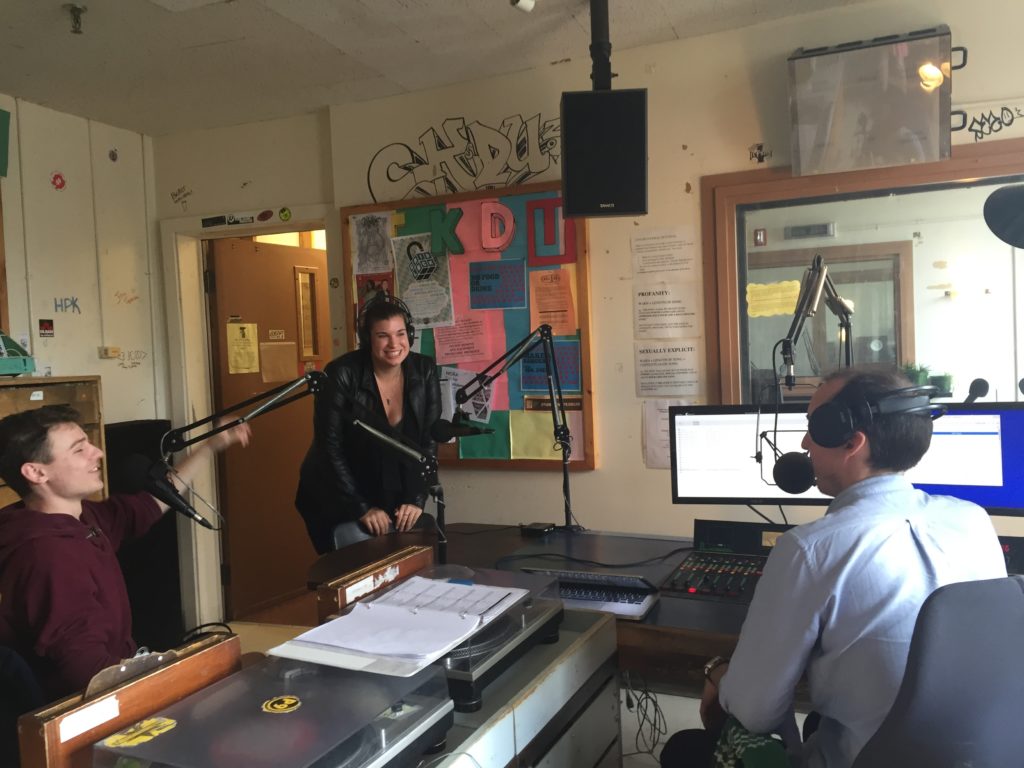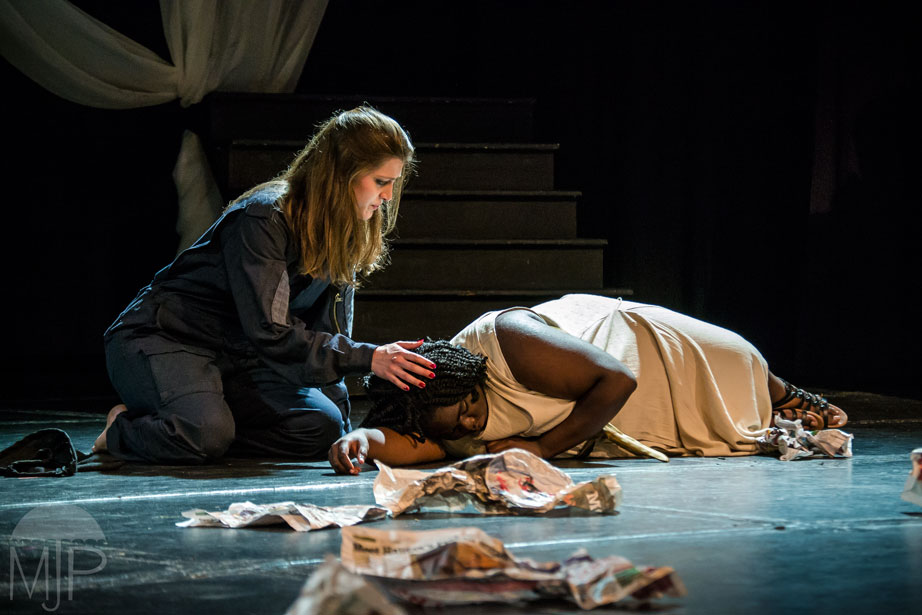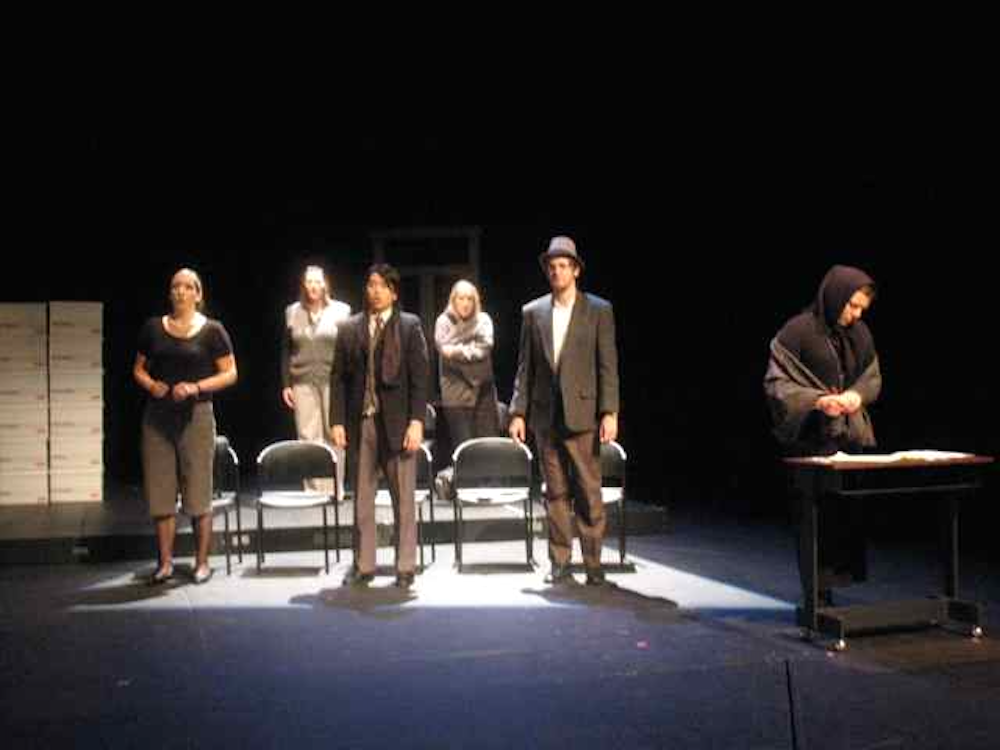Radio Clasico on CKDU

Our own soprano Karina Bray, tenor Blake Beckemeyer and PR Manager Sabina Wex talked to Matthew MacDougall on CKDU’s Radio Clasico. Listen to the candid conversation here and here.
Information Morning: Opera Backwards
CBC Nova Scotia’s Information Morning featured Opera Backwards on its program. Listen to it here.
Local Xpress: Opera Backwards: A gender-bending twist on the classics

Liane Heller from Halifax’s Local Xpress came down to visit the participants and staff at the Halifax Summer Opera Festival to talk about our show to celebrate Pride, Opera Backwards. Read it here.
Katerina Utochkina
[et_pb_section admin_label=”section”][et_pb_row admin_label=”row”][et_pb_column type=”1_3″][et_pb_image admin_label=”Image” src=”http://halifaxsummeroperafestival.com/wp-content/uploads/2016/07/32575975_42979612_PIX_5969.jpg” show_in_lightbox=”off” url_new_window=”off” use_overlay=”off” animation=”left” sticky=”off” align=”left” force_fullwidth=”off” always_center_on_mobile=”on” use_border_color=”off” border_color=”#ffffff” border_style=”solid”] [/et_pb_image][/et_pb_column][et_pb_column type=”2_3″][et_pb_text admin_label=”Text” background_layout=”light” text_orientation=”left” use_border_color=”off” border_color=”#ffffff” border_style=”solid”] Katerina Utochkina Mezzo-soprano Toronto, Ont. Zita in Gianni Schicchi and Suor Osmina in Suor Angelica [/et_pb_text][/et_pb_column][/et_pb_row][et_pb_row admin_label=”Row”][et_pb_column type=”2_3″][et_pb_text admin_label=”Text” background_layout=”light” text_orientation=”left” use_border_color=”off” border_color=”#ffffff” border_style=”solid”] Though she is the daughter of […]
Jocelyn Molnar
[et_pb_section admin_label=”section”][et_pb_row admin_label=”row” make_fullwidth=”off” use_custom_width=”off” width_unit=”on” use_custom_gutter=”off” padding_mobile=”off” allow_player_pause=”off” parallax=”off” parallax_method=”off” make_equal=”on” parallax_1=”off” parallax_method_1=”off” parallax_2=”off” parallax_method_2=”off” column_padding_mobile=”on”][et_pb_column type=”1_3″][et_pb_image admin_label=”Image” src=”http://halifaxsummeroperafestival.com/wp-content/uploads/2016/07/32575975_42979612_IMG_0518.jpg” show_in_lightbox=”off” url_new_window=”off” use_overlay=”off” animation=”left” sticky=”off” align=”left” force_fullwidth=”off” always_center_on_mobile=”on” use_border_color=”off” border_color=”#ffffff” border_style=”solid”] [/et_pb_image][/et_pb_column][et_pb_column type=”2_3″][et_pb_text admin_label=”Text” background_layout=”light” text_orientation=”left” use_border_color=”off” border_color=”#ffffff” border_style=”solid”] Jocelyn Molnar Soprano Cranbrook, B.C. Prima Sorella Ceratrice in Suor Angelica [/et_pb_text][/et_pb_column][/et_pb_row][et_pb_row admin_label=”Row”][et_pb_column type=”2_3″][et_pb_text admin_label=”Text” background_layout=”light” […]




